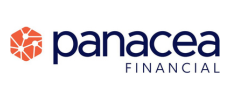NIH Highlights Bruxism
Per the notice below, the National Institutes of Health (NIH) is highlighting bruxism.
Ask The Expert: Bruxism (Tooth Grinding)
Dr. Hosam Alraqiq answers questions about bruxism, commonly called tooth grinding.
What is bruxism?
Bruxism refers to habits like teeth grinding, clenching, and jaw thrusting. It often occurs without you even realizing it, whether you’re awake or asleep, and is more common in children, though it affects people of all ages.
What are the signs & symptoms of bruxism?
Bruxism signs and symptoms vary widely and can include headaches, jaw or ear pain, tooth sensitivity, and noticeable tooth wear. For people who have bruxism when they’re asleep, a partner or family member might hear them grinding their teeth at night.
Can bruxism hurt my overall health?
Mild or occasional bruxism isn’t a health problem on its own, but it should be kept an eye on, as it may cause or indicate health issues. If left untreated, frequent and severe bruxism can have a broader impact on your well-being, leading to chronic jaw pain, headaches, and disrupted sleep. It can also lead to dental problems, such as tooth pain, enamel cracks, and damage to teeth or restorations. Sleep bruxism may help keep the airway open during sleep apnea but can cause health issues over time.
What causes bruxism?
Bruxism is believed to have multiple causes, though it’s not fully understood. Several factors are linked to it, including coffee, alcohol, smoking, stress, anxiety, depression, and certain mental health medications. It runs in families too; if a close family member grinds or clenches their teeth, you might be more likely to experience it.
What should I do if I think I have bruxism?
Dentists can check for signs of bruxism, such as tooth wear and jaw muscle tenderness, and recommend treatment. They may provide a custom-made mouthguard to protect your teeth from damage. If needed, they can refer you to specialists in stress management, physical therapy, or sleep medicine. A sleep study—often involving video and audio recordings—may also be recommended to confirm sleep-related bruxism or identify conditions like sleep apnea.
What can I do at home to prevent or manage my bruxism?
One of the major contributing factors is stress, so using relaxation techniques like meditation might help with bruxism. Getting enough sleep and keeping a regular sleep schedule are also important. Cutting back on caffeine, alcohol, and tobacco—especially in the evening—can reduce symptoms. You can also try exercises and stretches for your neck and jaw to ease tension and reduce clenching. A physical therapist or a specialist in jaw and neck issues can teach you how to do these exercises safely and effectively.


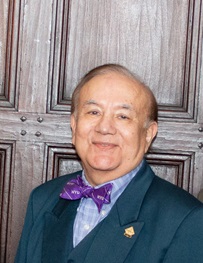
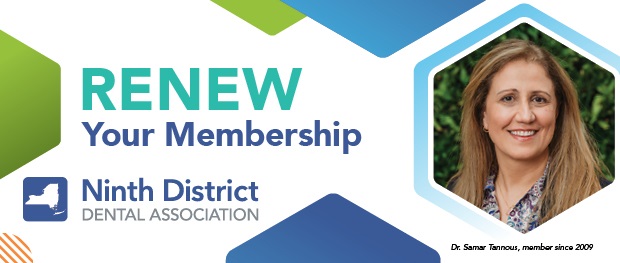
.tmb-rotator.png?Culture=en&sfvrsn=e3185440_1)

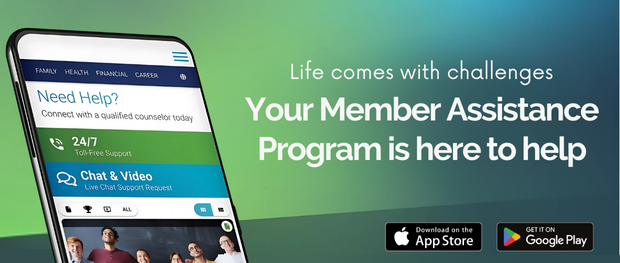



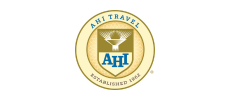
.png?sfvrsn=4447de7f_1)










